Cataract Surgery Vs Laser Eye Surgery
Understand the key differences between cataract surgery and laser eye surgery (LASIK). Learn what each procedure treats, how they work, and which is suitable for your vision needs.

Written by Dr.Sonia Bhatt
Last updated on 15th Jul, 2025
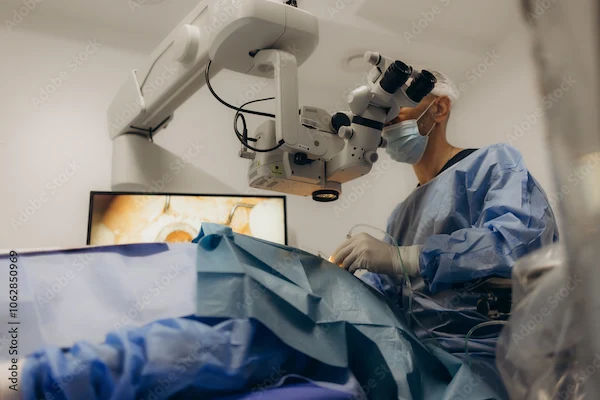
Introduction
If you're experiencing vision problems, you may have heard about cataract surgery and laser eye surgery. Both procedures aim to improve your eyesight, but they are used for different conditions and have distinct approaches. Understanding the differences can help you make an informed decision about your eye health.
What Is Cataract Surgery?
Understanding Cataracts
A cataract is a clouding of the eye's natural lens, which lies behind the iris and pupil. This cloudiness can cause blurry vision, difficulty seeing at night, and increased sensitivity to glare. Cataracts develop slowly over time and are most common in older adults, though they can also result from injury, diabetes, or prolonged steroid use.
How Cataract Surgery Works?
Cataract surgery involves removing the cloudy lens and replacing it with an artificial intraocular lens (IOL). The procedure is usually performed under local anesthesia and takes about 15–30 minutes per eye.
Consult Top Specialists for Personalised Tips
Types of Cataract Surgery:
Phacoemulsification (Phaco): The most common method, where a small incision is made, and ultrasound waves break up the cloudy lens before it is suctioned out.
Extracapsular Cataract Extraction (ECCE): Used for advanced cataracts, where a larger incision is made to remove the lens in one piece.
Laser-Assisted Cataract Surgery: A more precise method where a laser helps in making incisions and softening the cataract before removal.
Recovery and Results
Most patients notice improved vision within a few days. Full recovery takes about 4–6 weeks. Cataract surgery has a high success rate, with minimal risks such as infection or retinal detachment (rare).
What Is Laser Eye Surgery?
Common Vision Problems Treated
Laser eye surgery (LASIK, PRK, SMILE) is primarily used to correct refractive errors like:
Myopia (nearsightedness) – Difficulty seeing distant objects.
Hyperopia (farsightedness) – Difficulty seeing closeup objects.
Astigmatism – Blurred vision due to an irregularly shaped cornea.
How Laser Eye Surgery Works
Laser surgery reshapes the cornea (the clear front part of the eye) to improve how light focuses on the retina.
Types of Laser Eye Surgery:
LASIK (Laser-Assisted In Situ Keratomileusis): A flap is created on the cornea, and a laser reshapes the underlying tissue.
PRK (Photorefractive Keratectomy): The outer layer of the cornea is removed before reshaping (better for thin corneas).
SMILE (Small Incision Lenticule Extraction): A newer, minimally invasive procedure where a small lens-shaped piece of tissue is removed.
Recovery and Results
Most patients see improvement within 24 hours (LASIK) or a few days (PRK). Full stabilization takes a few weeks. Risks include dry eyes, glare, or under/overcorrection, but serious complications are rare.
Key Differences Between Cataract and Laser Eye Surgery
| Feature | Cataract Surgery | Laser Eye Surgery |
|------------|------------------------|---------------------------|
| Purpose | Removes cloudy lens (cataracts) | Corrects refractive errors (nearsightedness, farsightedness, astigmatism) |
| Procedure | Lens replacement with IOL | Reshapes cornea with laser |
| Anesthesia | Local (eye drops) | Local (eye drops) |
| Recovery Time | 4–6 weeks (full recovery) | 1–2 weeks (LASIK), slightly longer for PRK |
| Ideal Candidates | People with cataracts (usually 60+) | Adults with stable vision (18+) |
| LongTerm Results | Permanent (IOL doesn’t degrade) | May need enhancement over time |
Which One Do You Need?
If you have blurry vision due to cataracts (especially if it affects daily activities), cataract surgery is the solution.
If you rely on glasses/contacts for refractive errors and want freedom from them, laser surgery may be an option.
Some patients may benefit from both—for example, cataract surgery with a premium IOL that also corrects astigmatism.
When to See a Doctor?
If you experience worsening vision, glare, or difficulty reading/driving.
If you’re considering vision correction and want to explore options.
At Apollo 24|7, you can book a consultation with an eye specialist to determine the best treatment for your needs.
Tips for Maintaining Good Eye Health
The tips for maintaining good eye health include:
1. Regular Eye Checkups: Especially after age 40.
2. Protect Your Eyes from UV Rays: Wear sunglasses outdoors.
3. Eat a Balanced Diet: Include leafy greens, fish, and vitamin-rich foods.
4. Avoid Smoking: It increases cataract and macular degeneration risks.
5. Manage Diabetes & Blood Pressure: These can affect eye health.
Final Thoughts
Both cataract and laser eye surgeries are safe and effective ways to restore vision. The right choice depends on your specific condition and lifestyle needs. If you're unsure, consult an ophthalmologist for personalized advice. Book an eye checkup on Apollo 24|7 today and take the first step toward clearer vision!
Consult Top Eye Surgeon
Consult Top Specialists for Personalised Tips

Dr. Rajeev Gupta
Ophthalmologist
24 Years • MBBS, MS (Ophthalmology)
Ghaziabad
Om Eye & Gynae Centre, Ghaziabad
Dr. S Venkateswaran
Ophthalmologist
35 Years • MBBS, PGD (OPTHALMOLOGY)
Tiruvannamalai
Shiva Eye And General Hospital, Tiruvannamalai

Dr. Anchal Gupta
Ophthalmologist
10 Years • MBBS,MS ( Opthamology )
New Delhi
NETRAM EYE FOUNDATION, New Delhi
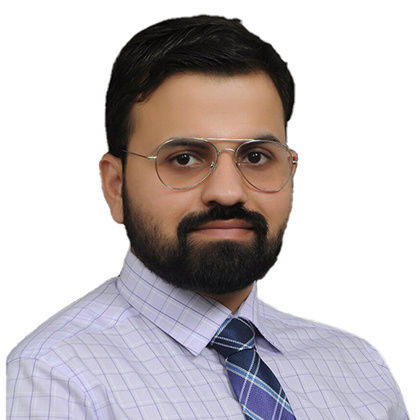
Dr. Aditya Sharma
Ophthalmologist
10 Years • MBBS, MS (Ophthalmology)
Chandigarh
Amar Shakti Eye & Gyne Clinic, #1550 Sector 7C Chandigarh, Chandigarh
Dr. Akashdipta Saha
Ophthalmologist
4 Years • MBBS, MD(Ophthalmology), Fellowship in Retina & Vitreous
Delhi
AIIMS, Delhi
Consult Top Eye Surgeon

Dr. Rajeev Gupta
Ophthalmologist
24 Years • MBBS, MS (Ophthalmology)
Ghaziabad
Om Eye & Gynae Centre, Ghaziabad
Dr. S Venkateswaran
Ophthalmologist
35 Years • MBBS, PGD (OPTHALMOLOGY)
Tiruvannamalai
Shiva Eye And General Hospital, Tiruvannamalai

Dr. Anchal Gupta
Ophthalmologist
10 Years • MBBS,MS ( Opthamology )
New Delhi
NETRAM EYE FOUNDATION, New Delhi

Dr. Aditya Sharma
Ophthalmologist
10 Years • MBBS, MS (Ophthalmology)
Chandigarh
Amar Shakti Eye & Gyne Clinic, #1550 Sector 7C Chandigarh, Chandigarh
Dr. Akashdipta Saha
Ophthalmologist
4 Years • MBBS, MD(Ophthalmology), Fellowship in Retina & Vitreous
Delhi
AIIMS, Delhi
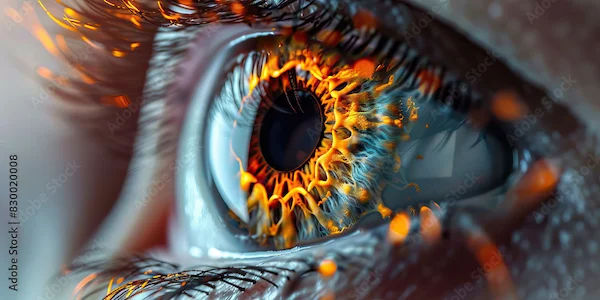
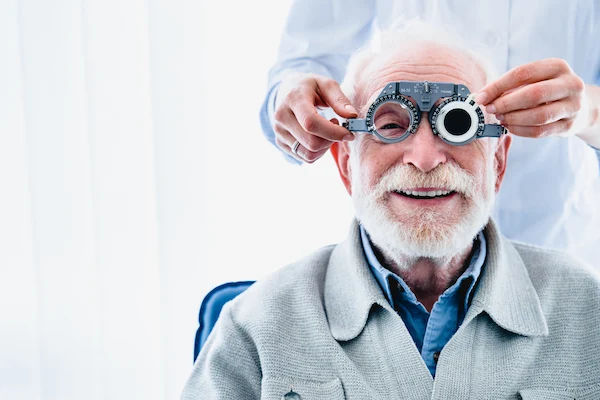
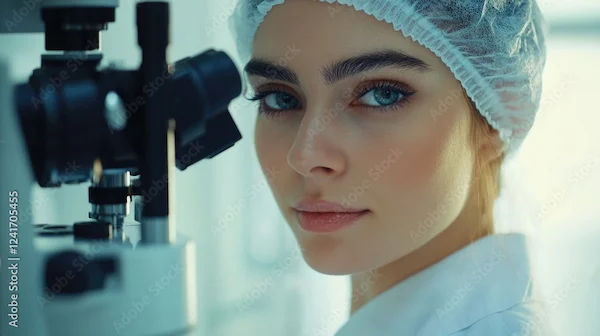
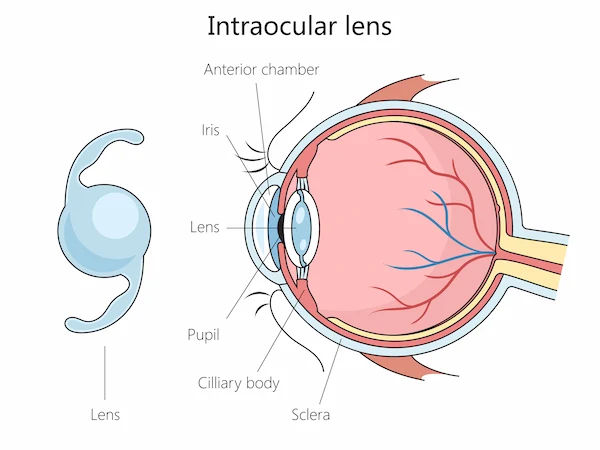
.webp)